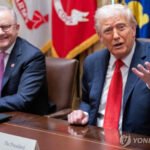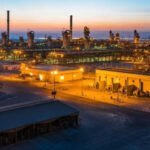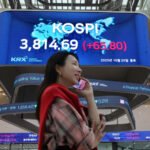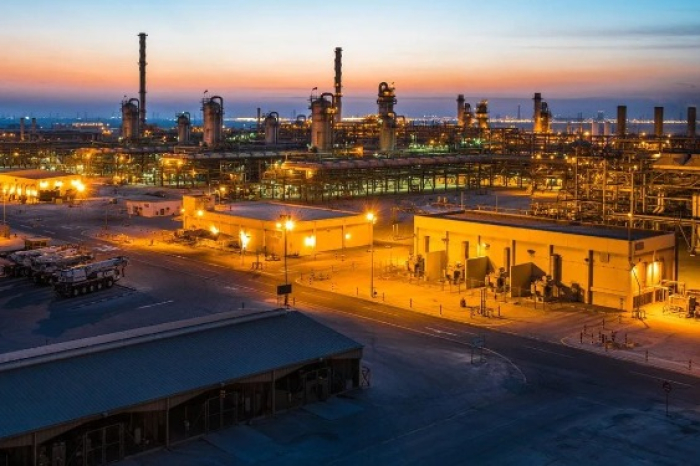
The National Pension Service, South Korea’s largest institutional investor, has commited $300 million in Saudi Aramco’s $100 billion Jafurah shale gas development, joining a consortium led by BlackRock’s Global Infrastructure Partners in one of the Middle East’s largest energy infrastructure deals.
According to investment banking sources on Tuesday, NPS finalized the equity investment in July after more than a year of review.
The deal marks the first time Korea’s state-run pension giant has directly participated in a Saudi government-led infrastructure project, underscoring its growing appetite for stable, long-term returns through overseas alternative assets.
The investment forms part of a broader $100 billion shale gas development in the Jafurah region of eastern Saudi Arabia, the world’s largest unconventional gas project outside the US.
The Jafurah project is central to Riyadh’s strategy to expand its non-oil energy industry, with Aramco aiming to boost domestic gas production by more than 60% by 2030 from 2021 levels.
$11 BILLION LEASE-AND LEASEBACK DEAL
Under the transaction structure, Aramco has transferred ownership of its gas processing and related midstream facilities to a new subsidiary, Jafurah Midstream Gas Company (JMGC), which will lease development and usage rights for 20 years.
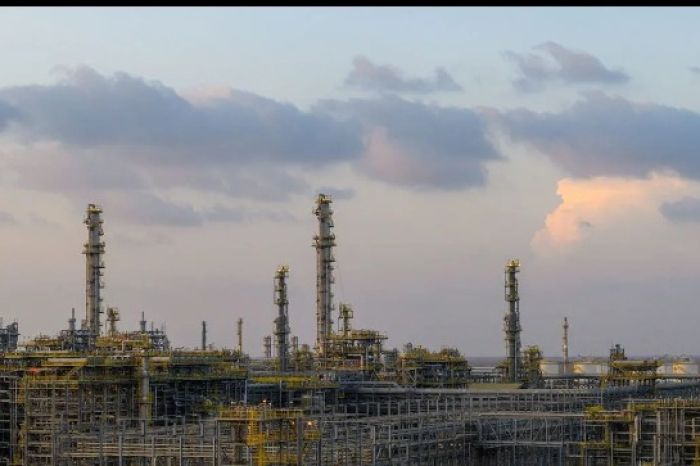
Aramco retains a 51% stake in JMGC, while the GIP-led consortium holds the remaining 49%.
The consortium will receive fixed tariff payments from Aramco under a $11 billion lease-and-leaseback deal commonly used in energy infrastructure finance, enabling investors to share in predictable cash flows while Aramco maintains operational control.
Of the total financing, roughly $2-3 billion is made in equity contributions and the remainder is raised through debt.
Most of roughly $8 billion in loans reportedly came from Chinese state-backed financial institutions, drawn by Aramco’s credit strength and project stability.
Other investors in the GIP consortium include Singapore’s GIC, Abu Dhabi’s Mubadala Investment Company, Bahrain’s Investcorp and Saudi Arabia’s Public Investment Fund, according to industry officials.
GIP’s mid-market infrastructure equity team under BlackRock invests in diversified and contracted mid-market infrastructure assets and businesses around the world.
The latest deal reflects Riyadh’s efforts to attract capital from global sovereign investors to strengthen its gas sector and diversify its economy.
EXPANDED ALTERNATIVE INVESTMENT
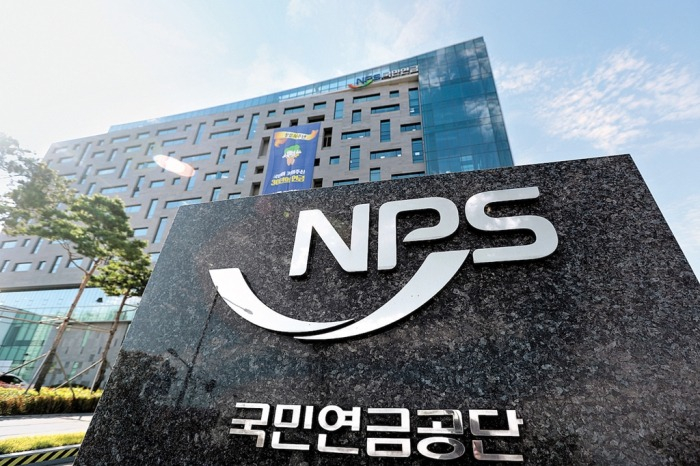
For NPS, the investment represents a geographic and strategic shift.
It is now expanding into Middle Eastern infrastructure assets offering steady yields and long-term after years of focusing its infrastructure portfolio in North America and Europe.
The world’s third-largest pension fund with 1,304.5 trillion won ($914.3 billion) in assets under management has been steadily increasing its allocation to alternative assets, such as private equity, real estate and infrastructure, to secure stable income amid declining returns from traditional investments like equities and fixed income.
Alternative investments have become a key pillar of the NPS’s long-term portfolio diversification strategy.
The share of overseas alternatives in its portfolio rose from 6.3% in 2015 to 15% in 2024, before slipping slightly to 14.4% in the first half of 2025.
Its infrastructure portfolio stood at 54.1 trillion won as of the end of 2024, up 24% from a year earlier, accounting for 4.4% of its total assets.
According to the annual asset allocation plan, the NPS targets to keep the share of alternatives at 14.7% in 2025, which will be upped to 15% by 2029 under its mid-term asset allocation plan.
By Gyeong-Jin Min
min@hankyung.com
Sookyung Seo edited this article.


